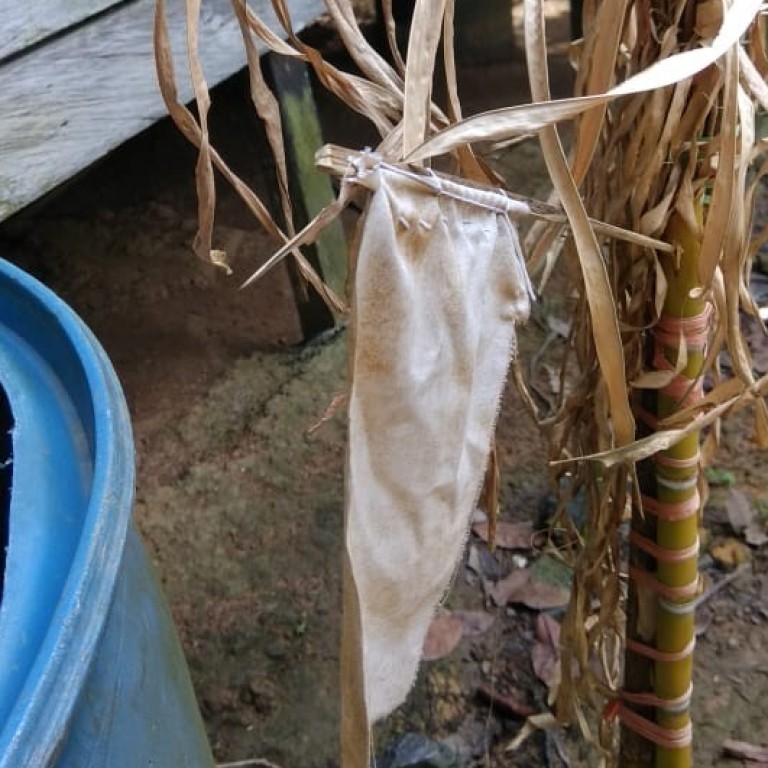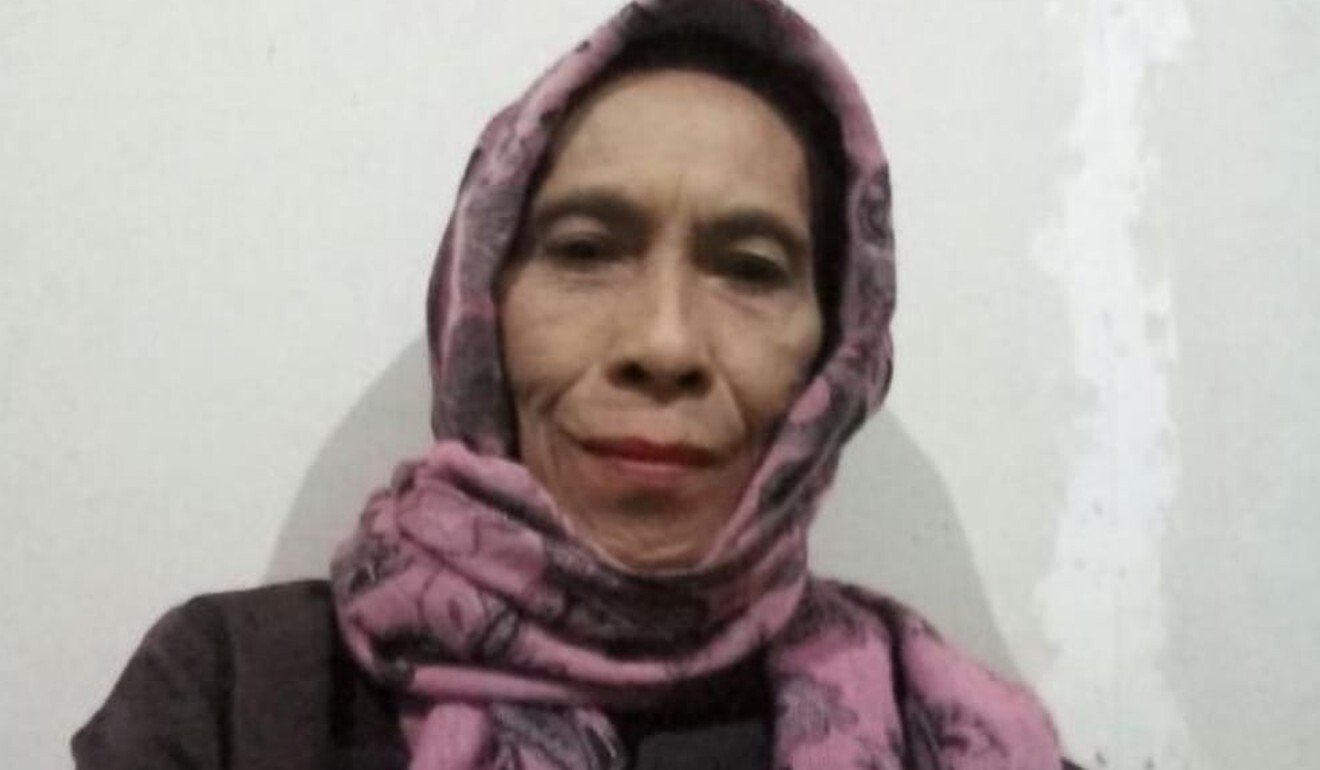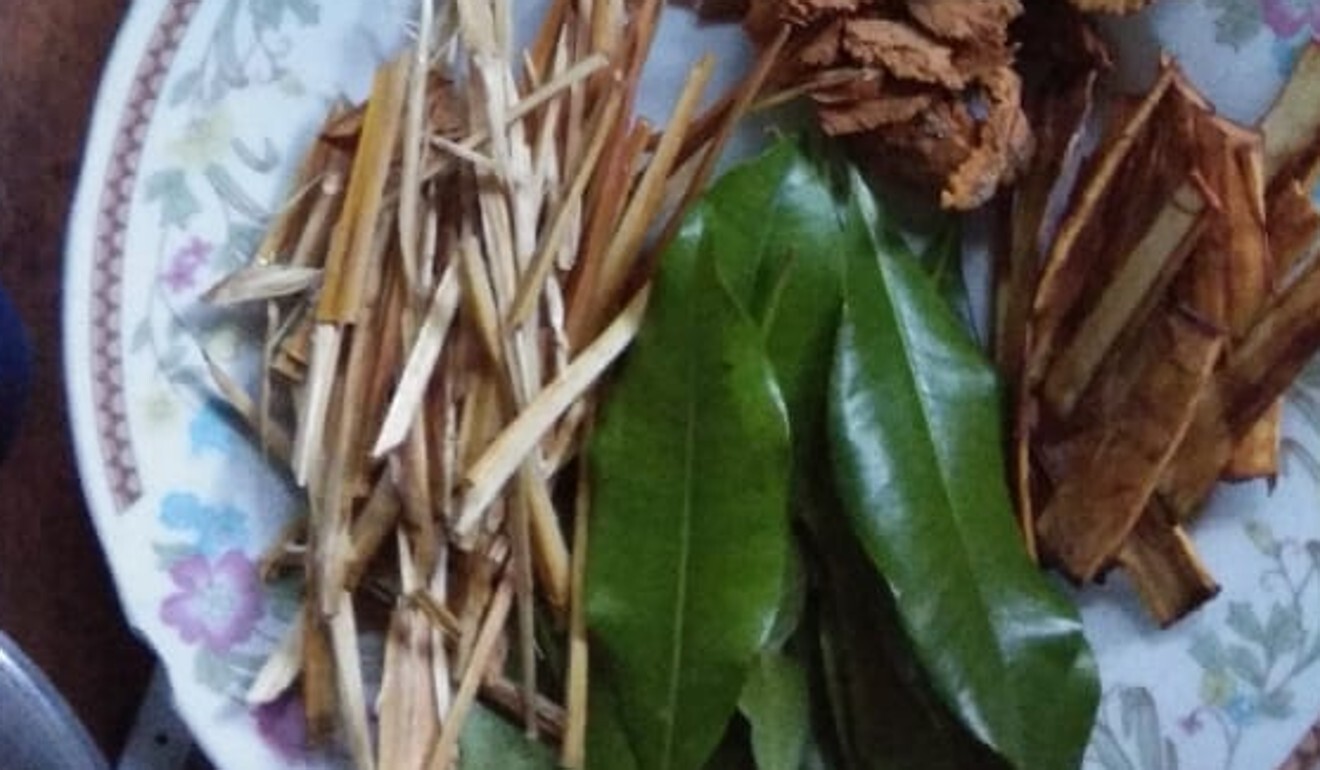
Indonesia’s indigenous shamans confront Covid-19 with rituals, traditional medicines
- Smoke, statues and a hungry sea creature that cannot be killed all feature in the antivirus rituals of the indigenous peoples of East Kalimantan province
- But it doesn’t mean that they reject modern medical treatment. Rather, it’s a continuation of rituals that have been used against past disease outbreaks
Record infections and deaths saw Indonesia become Asia’s new coronavirus epicentre this month, and amid a stuttering vaccine roll-out the country’s more than 20 million indigenous people have largely been left to their own devices – resorting to unique antivirus measures drawn from local customs.
Covid-19 vaccines: is fractional dosing a solution for Southeast Asia?
Supinah is a member of the indigenous Dayak Benuaq ethnic group in East Kalimantan’s Kutai Kartanegara Regency and a balian, or type of local shaman who has performed animistic rituals to ward off Covid-19.
These involve her entering into a “dialogue” with “the creature that controls” Covid-19, she said, in the hopes of convincing it to “go home”.
“If we try to kill it, it will make things worse because it can’t be killed and it won’t go home if it is provoked,” Supinah said. “The creature originates from the sea and will usually come out every 60 or 70 years … it has come out now because it was hungry and looking for food.”

In Supinah’s village and the surrounding area, small, colourful flags can be seen planted in the ground in front of homes or rolled up inside bottles that dangle near entryways – a warning to the Covid-19 creature that it may not enter.
As well as flags, a large ceremony is being planned during which the inhabitants of up to five villages will gather to present the creature with 40 different types of offerings, Supinah said. A mixture of rice flour and holy water will also be prepared, prayed over and distributed to villagers to slather on their skin and protect them from the virus, she said.
This “medicine”, as Supinah calls it, is not made by human hands. “The ones who make [it] are the creatures who have been spoken to through the ritual,” she said.
Indonesians help each other amid faltering trust in the government
Yurni Sadaria, head of the Women’s Alliance of Indigenous Peoples in East Kalimantan, said such practises were not restricted to the Dayak Benuaq – the Dayak Paser people, another of Indonesia’s ethnic subgroups based in the same province, also believe in the concept of entering into a dialogue with diseases through rituals known as besoyong.
These rituals – which require the burning of incense and reciting of mantras – often follow the making of traditional medicines using natural ingredients, Yurni said, alongside other steps taken by the indigenous community in response to a delanan (disease outbreak), such as using “smoke made from burnt leaves and statues made of certain types of wood that are placed in front of the door of every house in the community”.
“The purpose of the statue is as a replacement, so that the disease will enter the statue instead of the people in the home,” she said.

05:11
Inside Indonesia's Covid-19 crisis – and how it unravelled
The Paser people believe “every disease has a spirit and a leader who controls it too”, Yurni said, with one variant of the besoyong ceremony involving speaking with this leader in an effort to negotiate its return home. The other type of ceremony sees the spirits of ancestors, who the Paser community believe watch over their descendants, called upon to take care of present-day villagers, she said.
If nothing else works, it is common for indigenous communities to simply leave their villages and find a new place to live. “We have to leave our village because we believe that the creature that has brought the disease has also chosen that place to live,” Yurni who is also a member of the Paser community said.
Such rituals have been passed down through the generations, and have historically been used against other disease outbreaks that have affected the Paser people, such as measles, Yurni said.
Turning to old traditions does not mean that they reject modern medical treatment, however.

Hasan, a member of the Paser community who lives in the village of Tering in Kutai Barat Regency, said two of his children caught Covid-19 around three months ago and had to be hospitalised.
He brought traditional medicine made from boiled wood and herbs to aid their recovery, he said, and the children were discharged from hospital within a week.
In Hasan’s opinion, the Paser community is right to continue with its rituals for the time being, particularly at a time when Indonesia’s government appears powerless to stop the torrent of disease and death engulfing the nation.
“The government hasn’t yet been able to produce any medicine that is 100 per cent effective against coronavirus, and it still doesn’t know where the virus came from,” he said. “Whereas we believe that the virus has a leader, and that if we call it, then it will go home without bothering us any more.”
“But if we do bad things and try to fight it, it will continue to be angry.”


